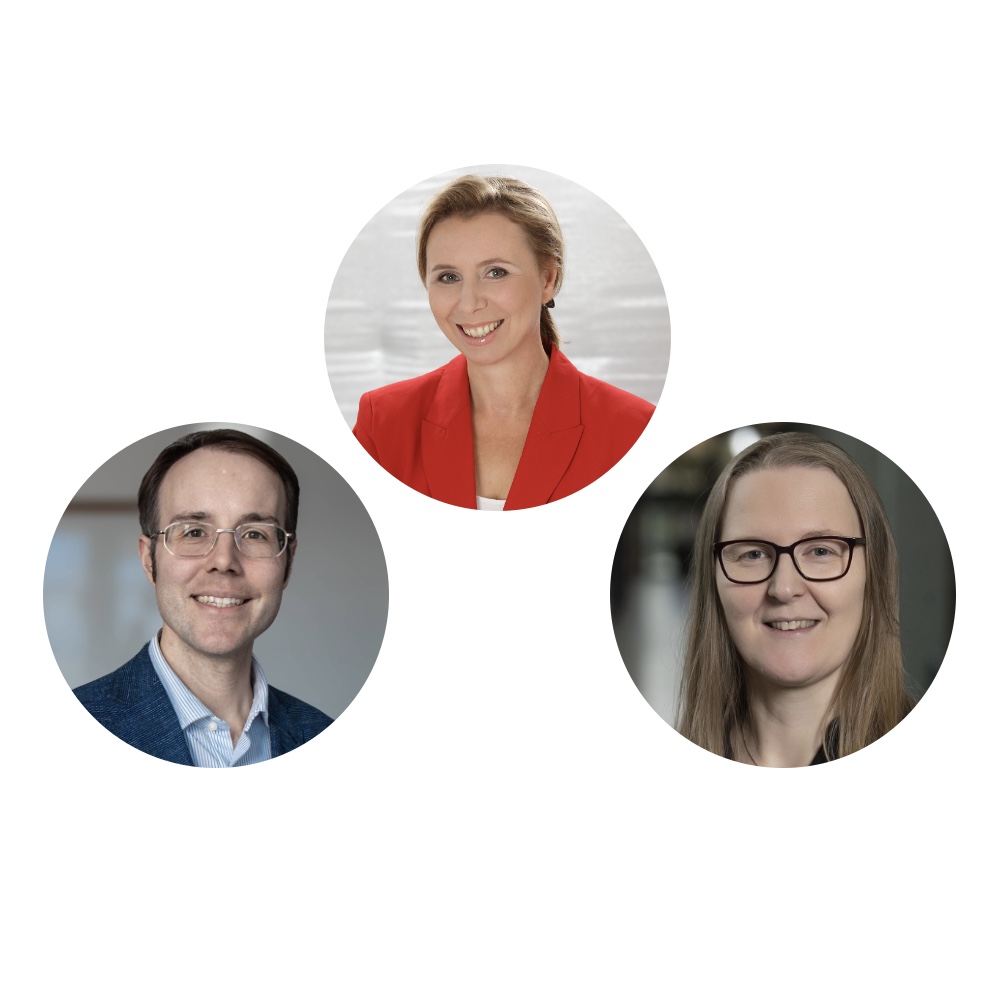From Structures to Vectors: Decoding How Knowledge Graph Characteristics Shape Embedding Strategies

Knowledge Graphs (KGs; “Wissensgraphen”) stellen Wissen auf intuitive, flexible und strukturierte Weise dar. Daher werden sie in zahlreichen Bereichen eingesetzt, etwa in der Finanzwelt, Biomedizin oder im Ingenieurwesen - und zunehmend auch in AI-Systemen (“Künstliche Intelligenz"). Damit KGs von derartigen Systemen verwendet werden können, müssen sie in Zahlen bzw. Vektoren übersetzt werden - sogenannte Knowledge Graph Embeddings (KGEs). Wie gut diese Übersetzung funktioniert und wie stark sie von den Eigenschaften der Graphen abhängt, ist bislang jedoch kaum erforscht. DORSET schließt diese Lücke, indem es untersucht, wie Eigenschaften von KGs die Leistung von AI-Systemen beeinflussen, und neue Methoden entwickelt, um diese weiter zu verbessern. Konkret werden relevante KG-Eigenschaften identifiziert, die die Performance beeinflussen, robustere und zuverlässigere KGE-Verfahren entwickelt, gezielte Benchmarks zur besseren Evaluierung erstellt und Verfahren entwickelt, mit denen bestehende KGs für spezifische Aufgaben angepasst werden können. So leistet DORSET einen Beitrag zu genaueren und effektiveren AI-Systemen, die eine positive Auswirkung auf unsere Gesellschaft haben.